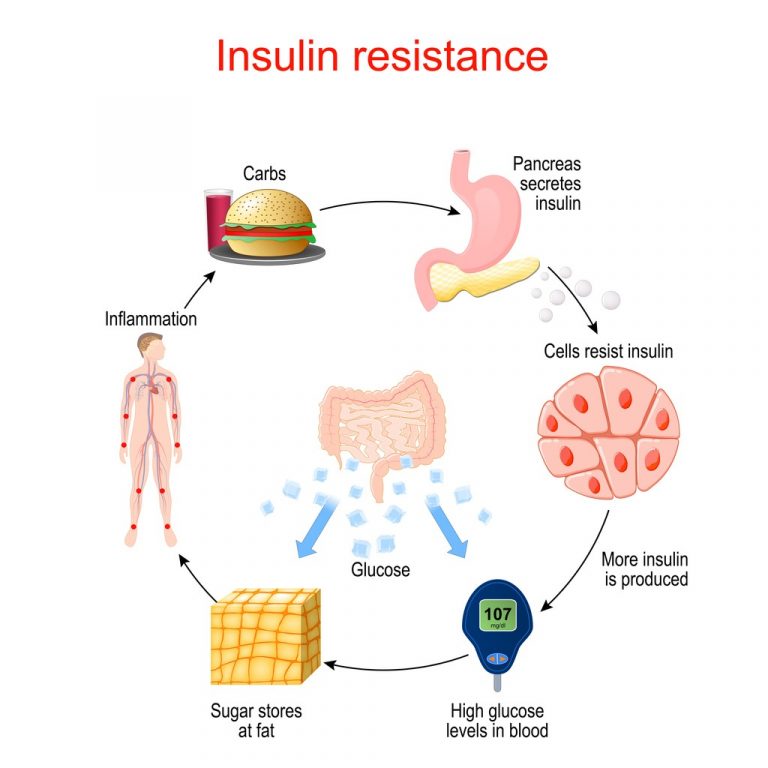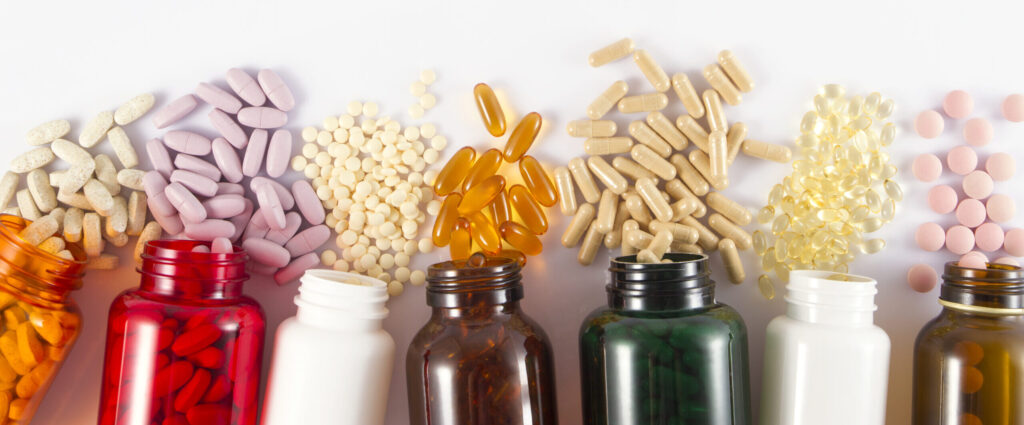
5 key ingredients to look for in a prenatal vitamin (for her)
As a prenatal dietitian, I always recommend a solid diet as the foundation for fertility and pregnancy. Growing a baby is a super important job! You are growing the next generation of doctors, lawyers, school teachers, Olympians, artists, musicians and mothers(!), so providing them with the best nutrition at the very beginning of their life is SO important!
However, I know that it can be hard to cook fresh meals everyday, especially with our fast paced lifestyle and therefore, you might not always be hitting your nutrient targets everyday through diet! So then it becomes even more crucial to choose the right prenatal vitamin!
Struggling to know which one is right for you? Just grabbed ‘Elevit’ off the shelf? Book a 30min supplement consultation to find out which one is right for you 👇🏻

When selecting a prenatal vitamin, here are 5 nutrients to consider –
1.
A minimum of 400mcg folic acid in your prenatal is required as the recommended daily intake (RDI) is 600mcg when pregnant. Ideally, you want some additional methylated folate in your prenatal too.
What is methylated folate? It’s the active form of folate, which is absorbed much better by the body. This is particularly important if you have an MTHFR gene mutation (Australian Family Physician, 2016).
If you have any family history of neural tube defects or any other medical conditions that might affect nutrient absorption and therefore require more than the minimum amount (400mcg) of supplemented folate per day, then chat with your healthcare provider as soon as possible!
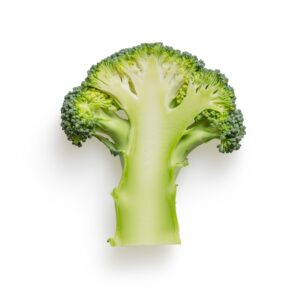
2.
Iodine intake should be at least 220mcg per daily dose.
Adequate iodine intake is vital for your thyroid gland during pregnancy as the baby’s brain continues to develop rapidly! Pregnancy can be hard on your thyroid.
There is a global rise in mild iodine deficiency, especially during pregnancy. Our soil is poor when it comes to containing iodine. The main food sources of iodine are seafood, seaweed and iodised salt. Contrary to popular belief, milk and yoghurt are not good sources of iodine.
Insufficient (not enough) iodine levels can be very serious and may lead to cognitive and neurological impairments in the baby (Chittimoju & Pearce, 2019).
Iodine is also important for the production of thyroid hormones which regulate metabolism and promote healthy growth and development in both the mother and the baby. Your baby’s own thyroid starts to take over at about 12 weeks gestation and therefore, it is very important to continue consuming adequate iodine from your diet and prenatal supplement.
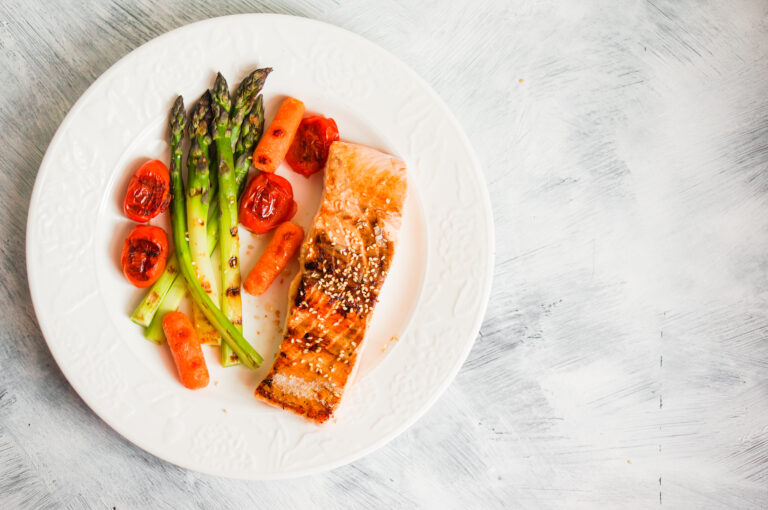
3.
Your prenatal vitamin should contain about 800-1000IU of vitamin D per dose.
Vitamin D helps your body absorb calcium, which is essential for the development of your baby’s bones and teeth. Emerging studies demonstrate that adequate vitamin D levels are positively associated with normal AMH levels and also involved in optimal male and female fertility (Pilz, et al 2018).
Optimal vitamin D levels are important during pregnancy for maintaining your own bone health and reducing the risk of complications such as gestational hypertension and preeclampsia (Pilz et al, 2018).
Suboptimal levels of vitamin D are 50nmol/L which unfortunately is considered the normal level!
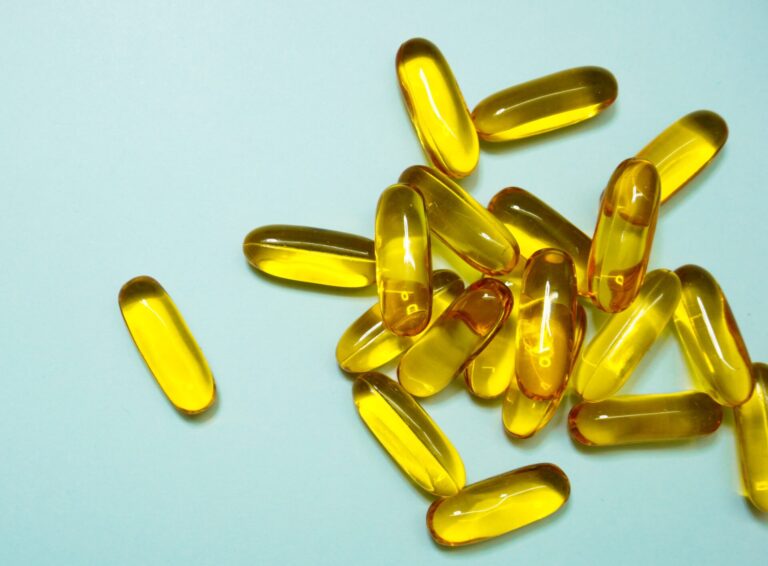
4.
Choline 100mg per daily dose (as a minimum) in your prenatal.
Choline is an often a forgotten-about nutrient! It is not found in a lot of prenatal vitamins.
Not only does choline support placenta function and growth of the baby, it influences follicle development when trying to conceive (Xiaoshu Zhan, et al 2021).
Choline is found in eggs, legumes and seafood, and is essential for the development of the baby’s brain and nervous system.
Adequate choline intake during early pregnancy is associated with a reduced risk of neural tube defects, similar to the role of folate.
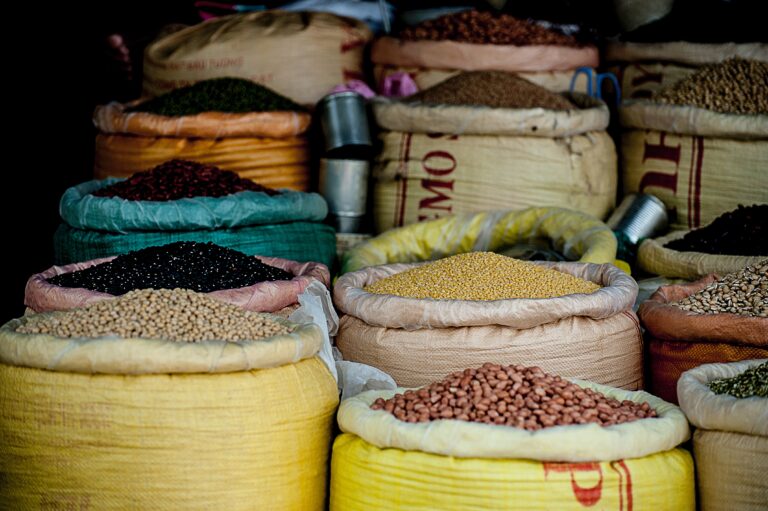
5.
Zinc is another important nutrient, and ideally you want 11mg zinc per daily dose of your prenatal.
Zinc is a critical nutrient in a number of processes regulating female follicle growth, sperm health and pregnancy.
Zinc is involved in cell division, DNA and protein production which are crucial for the proper growth and development of the baby (Garner et al, 2021). It also supports a healthy immune system which is important for both the mother and the developing baby.
Note – high levels of iron in many brands of prenatal supplements impair absorption of zinc.
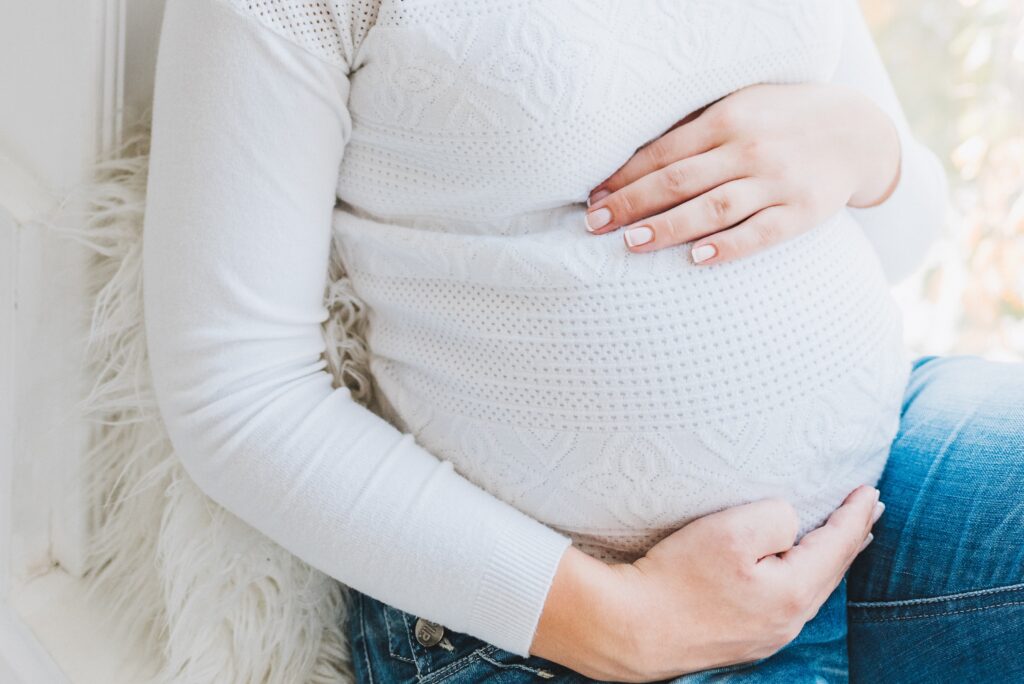
Pregnancy is a crucial time for a woman’s health. Taking care of yourself and your growing baby should be a top priority.
Always check the safety of the supplements you are consuming and if in doubt, ask your healthcare provider!
As a certified prenatal dietitian, I can recommend the right dosage, timing and storage of supplements to ensure both mother and baby are receiving the necessary nutrients for a healthy pregnancy.
Got a solid diet, but want your prenatal vitamins reviewed? Book in for an Express Supplement consult below 👇🏻


